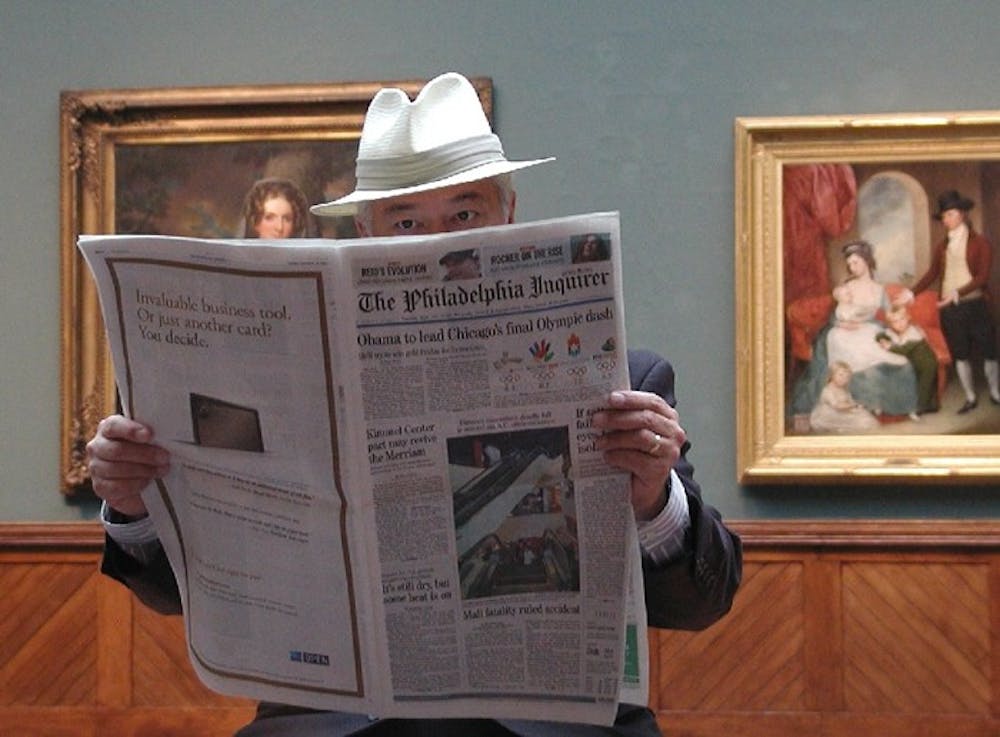In 2005, Robert Wittman, founder of the FBI’s Art Crime Team, recovered Rembrandt’s “Self-Portrait” after thieves stole it and two other paintings from the National Museum in Stockholm, Sweden, in December 2000.
Fleeing in a motorboat, the thieves used diversionary explosions around the city to mask their escape. One of the paintings was recovered by local police and the rest by Wittman and his team.
Art theft and fraud is the fourth largest illicit market in the world, with losses as great as $6 billion annually.
“I’ve worked in more than 20 countries with undercover operations in a half-dozen,” Wittman said, of the spread of art crimes.
Wittman, 54, began his career as the FBI’s art crime investigator when he was assigned two cases involving thefts from museums in Philadelphia.
After he recovered both of the items, he became the FBI’s expert in cases involving culturally significant property. Wittman recovered more than $225 million worth of art and artifacts.
While at the FBI, Wittman went undercover to recover historically significant items including a battle flag carried by an African-American regiment during the Civil War.
“You always learn new things, whether it’s an African-American battle flag, a Rembrandt self-portrait or a pre-Columbian artifact,” Wittman said.
In addition to recovering stolen art, Wittman’s investigations have led to the prosecution of art thieves, counterfeiters and dealers.
“I’ve convicted about five appraisers from the ‘Antiques Roadshow,’” Wittman said.
Galleries and museums have increased efforts to protect their collections from similar art thieves.
“Most museums have at a minimum some level of protection using personnel,” said Mark Poole, director of security at the North Carolina Museum of Art.
Museums might have electronic alarms and cameras to ensure security, he said.
The Ackland Art Museum employs similar measures to protect its collections. “We use guards and alarms,” said Debbie Pulley, security supervisor at the Ackland.
The Ackland’s security personnel are part of the University’s Department of Public Safety.
But even with these advances in security devices, there is still a need for art crime investigators.
After antiquities were looted from the Baghdad Museum in 2003, the FBI tasked Wittman with assembling a new 13-agent Art Crime Team. Each agent addresses the art and cultural property crimes of a geographic region.
Aspiring sleuths cannot join the Art Crime Team directly. Wittman said only FBI special agents with three to five years of experience in criminal investigations are eligible to occupy open positions in the team.
The FBI recruits candidates with backgrounds in forensics, international studies, computer science or language. Wittman said a minor or secondary training in art history would be helpful to join the team.
Contact the Arts Editor at artsdesk@unc.edu.
FBI helps track down stolen art

Robert Wittman has recovered more than $225 million of stolen art. Courtesy of Robert Wittman



